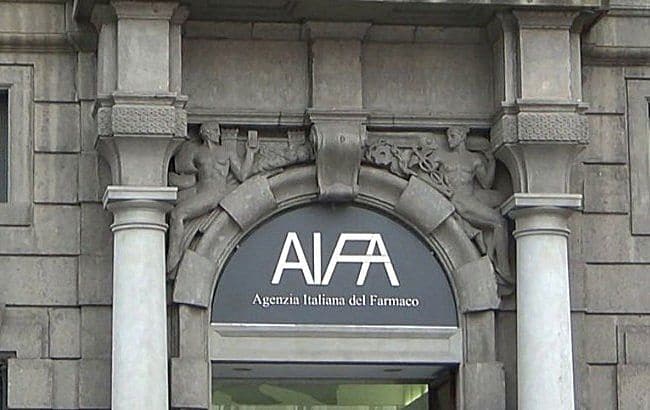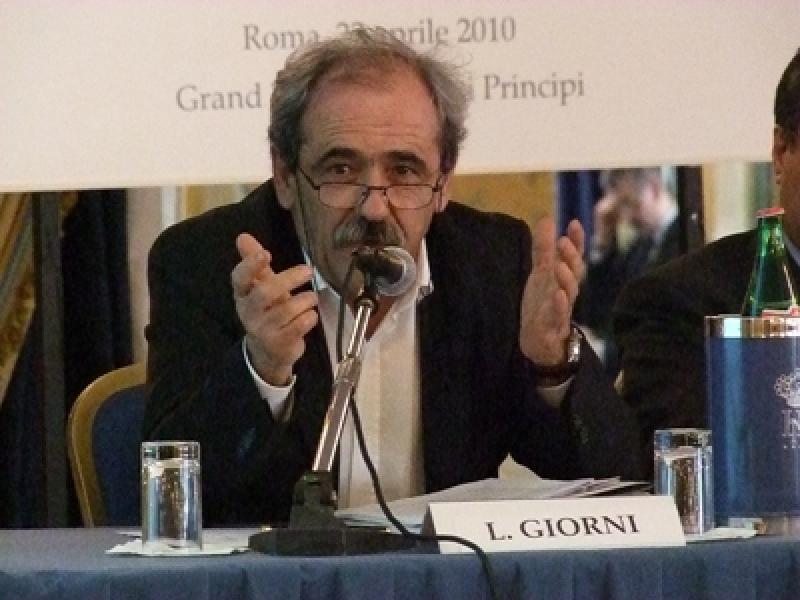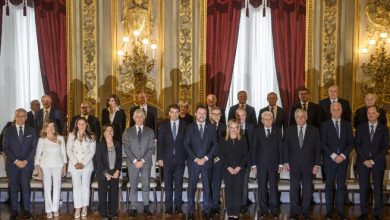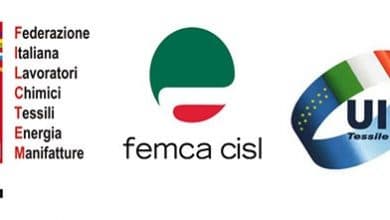
Rome, 10 March - In order to restore its essence, yesterday's session of the Aifa working group (born by parthenogenesis from the table on pharmaceuticals set up at the MISE to put order between direct, Dpc and contracted distribution) was the epiphany of what is the real core of the issue discussed by the representatives of the institutions and the supply chain.
And the core - net of the many other aspects that also exist and are important - are the light years of distance that exist between the positions of the Regions and those of Farmindustria. With the second, represented at the Aifa table by the vice president Emile Stefanelli, which shoots out against centralized purchases, through regional tenders, of NHS drugs, considered a good substance and nothing more than a way unduly to impose the will of the Regions on doctors and patients, violating the professional autonomy of the former and the right to free choice and continuity of c ure of seconds. And the former, on the other hand, a claim through their representative Loredano Days (in the picture), responsible for the Pharmaceutical Service of the Piedmont Region, which do not retreat an inch: not only are centralized regional tenders perfectly lawful, but if one wants to give meaning to the word "sustainability", there is a pressing need to extend them well beyond the perimeter of the Pht, in line with the provisions of law 405/01, approved a few years before this instrument was envisaged and launched.
ure of seconds. And the former, on the other hand, a claim through their representative Loredano Days (in the picture), responsible for the Pharmaceutical Service of the Piedmont Region, which do not retreat an inch: not only are centralized regional tenders perfectly lawful, but if one wants to give meaning to the word "sustainability", there is a pressing need to extend them well beyond the perimeter of the Pht, in line with the provisions of law 405/01, approved a few years before this instrument was envisaged and launched.
Irreconcilable visions, which exploded yesterday in a close confrontation and not without polemical charge. Stefanelli once again underlined how regional tenders, in addition to representing dangerous interference in market dynamics, effectively force pharmaceutical companies to submit to a second and completely undue level of bargaining, after the one already passed in the price negotiation in Aifa. A situation experienced by the industry as an authentic and intolerable abuse and which certainly cannot be thought of - as the Regions seem to be willing to do - of extending to an even greater number of pharmaceutical references.
Conversely, Giorni claims not only full legitimacy, but also the absolute necessity for the Regions to proceed with the purchase of NHS drugs through tenders. The experiences, said the manager of Piedmont, demonstrate savings for regional budgets between 41% and 53%, which the Regions not only cannot afford to give up but, if anything, must expand, also because - if they did not - they could end up in the sights of the Court of Auditors.
In this regard, the representative of the Regions wanted to give the example of a drug whose cost is set at 300 euros, 200 of which end up in the pockets of the industry. "Thanks to the tender procedure, I buy it for 3 euros" said Days. “Can someone explain to me how the Regions can even think of giving up this possibility ". Question left unanswered and without replies from the Farmidustria representative.
Giorni explained that the practice is also decisively relevant for the redefinition of the balance of distribution channels: purchasing drugs with centralized procedures would in fact allow the Dd to be emptied to the full advantage of the Dpc, which could become the obligatory route at national level for the distribution of drugs intended for chronic conditions (the largest slice of the market), of course worrying before arriving at uniformity of contents and levels of remuneration, which must be homogeneous at national levels. A perspective to which the Regions are also looking to recognize a role for pharmacies, as confirmed by the policy act for the renewal of the national NHS-pharmacy agreement approved last Wednesday. A role that would be remunerated by allocating 50% of the savings achieved to pharmacies.
For the rest, yesterday's meeting reported the analysis and proposal documents presented by the delegations participating in the working group (some very concise, such as those in a folder or so presented by the Regions and industry, others much more articulated, such as that of Federfarma, the joint one of Farmaciunite and Assofarm and that of Adf), briefly illustrated during the session. Which ended with the approval of the proposal to set up two working subgroups: the first will take care of drawing up a hypothesis of lists of drugs for the various distribution channels (Dd, Dpc and affiliated pharmacy), which, even if lacking prescriptive force, given the regional "sovereignty" over the matter, will in any case constitute a very important operational indication for the Regions. The second sub-group, welcomed very favorably by the representatives of intermediate distribution, will instead deal with the Standards of good distribution.





